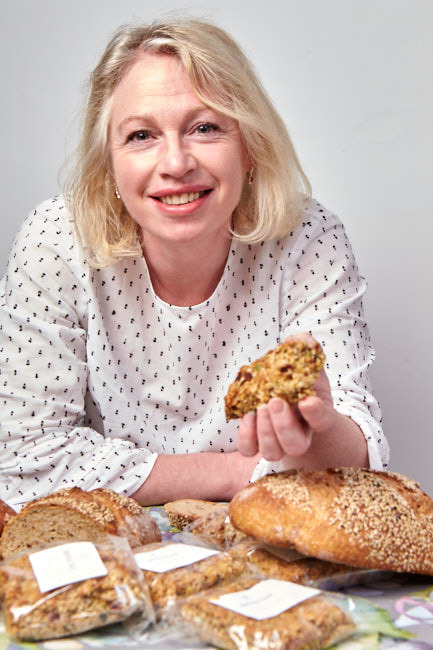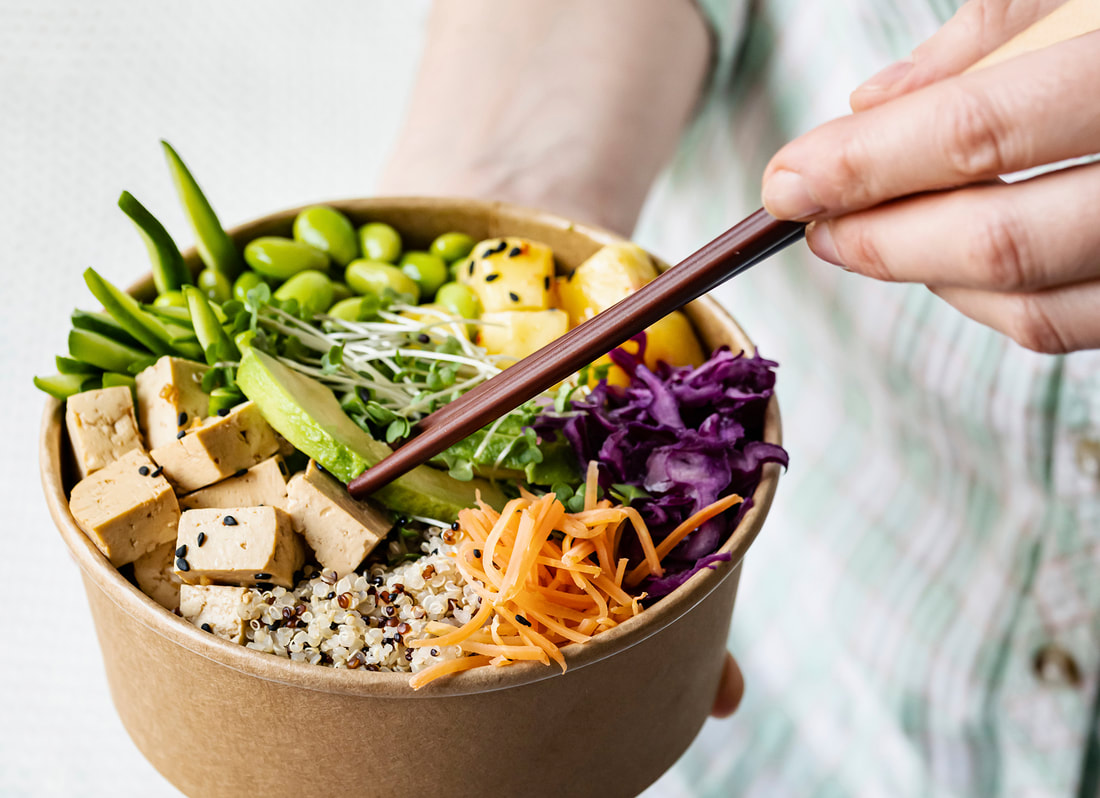the mena blogI’m Charlotte, founder of Mena-pause.com, a food company that harnesses the power of nature to create a healthy and nutritious range of menopause-friendly food. As a scientist and keen herbologist, I want to allow women to easily incorporate plant oestrogen-rich foods and beneficial botanicals into their diet, and bring women natural relief from unwanted symptoms of peri-menopause and menopause.
Charlotte Blackler, Founder |
|
As we know every woman's experience of menopause varies, which means there is no one-size-fits-all approach that works for everyone. Some women seem to breeze through the entire process while others experience severe and wide-ranging symptoms which can be debilitating. The most common symptoms associated with menopause, include hot flushes and night sweats, poor sleep patterns, vaginal dryness.
Aches and pains Another complaint is muscle and joint pain, this was one of the first symptoms I noticed. During menopause, as oestrogen levels drop, there is a higher risk of osteoarthritis and joint pain. But it is important that if you are experiencing joint pain, that you see your GP. Exercise to ease menopause symptoms As you start to go through perimenopause and menopause, it is a good idea to maintain a healthy weight to avoid putting strain on your skeleton. Gently exercise and weight-bearing exercise have also been proven to be beneficial for many women. Personally, yoga helps me to relax and improves my flexibility which in turn helps control muscle pain. Hormone replacement therapy (HRT) Many women look to pharmaceutical industry and HRT, to help ease the worst symptoms of menopause. Others like me prefer a more nature-based solution. Research from Japan shows that ladies there seem to suffer from fewer problematic menopause symptoms. This is down to their diet, which is rich in soya and vegetables which contains elevated levels of phytoestrogens or plant oestrogens. These are natural substances which have the same chemical receptors as human oestrogen and can help reduce the worst symptoms of menopause by balancing out the highs and lows of hormone fluctuations. But can what we eat help? I believe that what we eat can help provide the solution to menopause symptoms without the need to resort to pharmaceuticals. Eating tofu and other soy products for every single meal is not practical for everyone. But I started thinking what if I could design easy-to-incorporate food products that contain plant oestrogens, taste great, and are easy to incorporate into our busy western lifestyle? So I have created the Mena food range: Mena-Bread, Mena-Bars, and Mena-Muesli. Mena-pause.com At Mena-pause.com we work in harmony with the natural world, selecting the finest ingredients to make it easy for women to incorporate oestrogen-rich foods and snacks into their daily diet.
0 Comments
When you go through menopause, normally between the ages of 45-55 years, you lose your fertility, as a result of changing hormone levels. As your body’s oestrogen decreases, it brings a range of physical changes. These can include an increase in blood pressure and cholesterol levels, and decreased levels of calcium which can cause a risk of osteoporosis, anxiety, mood swings, hot flushes, night sweats, joint pain, bladder issues, insomnia, changes to heart rate, changes to hair and skin, and poor concentration levels and weight gain. So ensuring you are eating a diet that is both balanced and healthy is sensible at this stage, and can help to ease and offset some of the problematic symptoms.
Menopause in countries There are cultural differences in how menopause is experienced by women across the globe. In Japan and Asia, women appear to suffer fewer adverse menopausal symptoms. They also statistically have a lower incidence of heart disease, osteoporosis, and some cancers, which has prompted research into the difference that diet is making. Do plant oestrogens help menopause? Japanese women eat greater levels of plant oestrogens or phytoestrogens which are naturally found in a vegetable and soy-rich diet. So what can we learn? Are plant oestrogens or phytoestrogens good for menopause? Menopause food Many women have reported dietary and lifestyle changes can help ease the worst symptoms of menopause and perimenopause. Although Hormone replacement therapy (HRT) can also help many, some women choose not to or others cannot take HRT. Phytoestrogens or plant oestrogens are natural substances which have the same chemical receptors as human oestrogen and can help reduce some of the worst symptoms of menopause. Mena-pause.com At Mena-pause.com we work in harmony with the natural world, selecting the finest ingredients to make it easy for women to incorporate oestrogen-rich foods and snacks into their daily diet.
Image by rawpixel.com on Freepik
|
mena blog search
Archives
July 2024
Categories
All
Access Octomono Masonry Settings
|




 RSS Feed
RSS Feed



